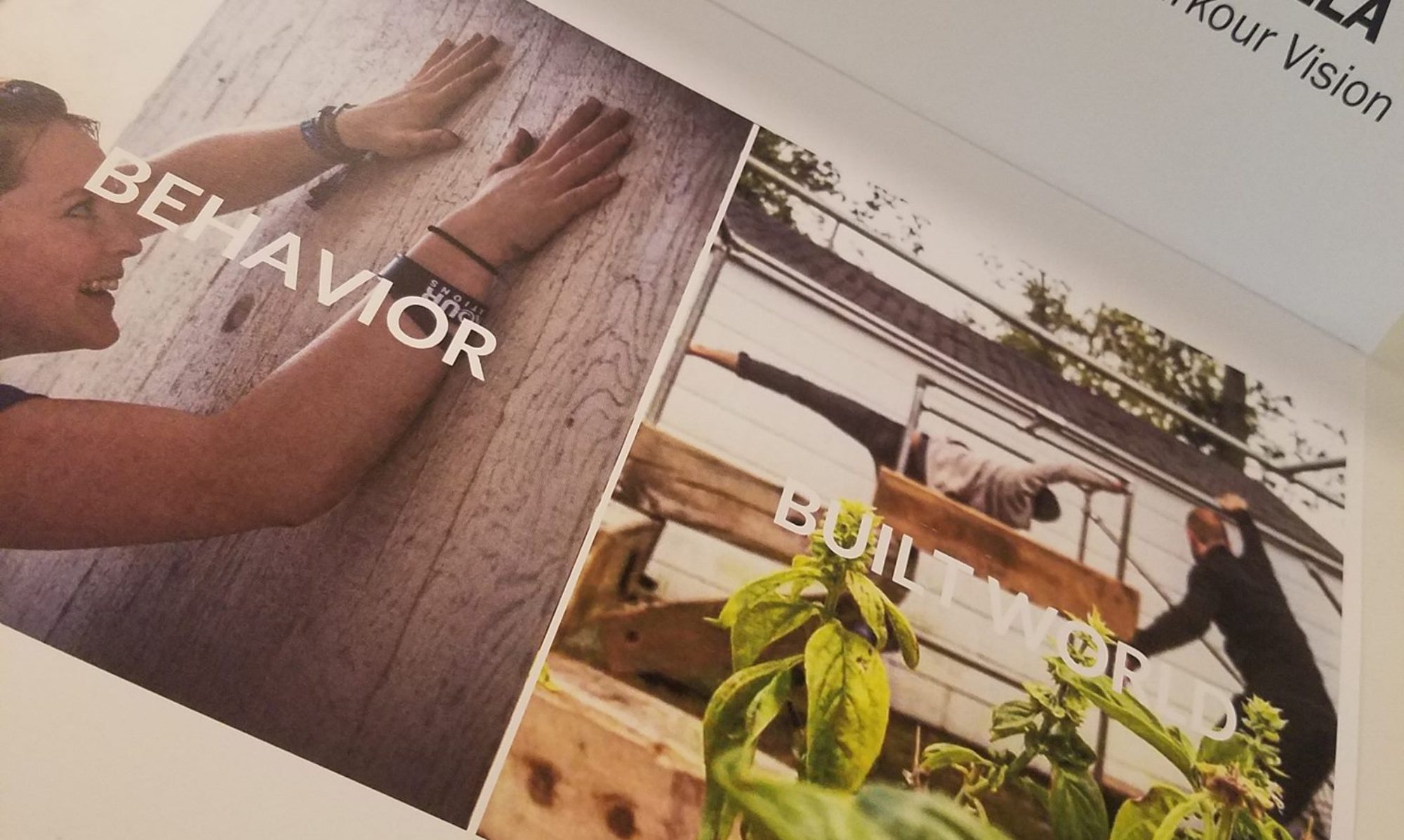“Playground experiences can mold a lifetime.” – Jon Ronson
I recently got to read the book Playground by James Mollison, which is a photography project to capture the diversity of play experiences children had in different countries. He described his motivation for the project at the very end: “When I conceived this series of pictures, I was thinking about my time at school. I realized that most of my memories were from the playground. It had been a space of excitement, games, bullying, laughing, tears, teasing, fun, and fear.”
More interesting is the forward written by Jon Ronson who reflected deeply on his own childhood experiences on the playground which were distinctly coloured by bullying, violence, and shame.
When we engage in play, we suspend reality and can give ourselves space to try on new identities, explore repressed emotions, and self-express in new ways that might otherwise feel risk in ‘normal’ life. It can be as innocent as dressing up in ways that in ‘normal’ life would leave us with a fear of social rejection or on a darker note role playing the villians in our bedtime stories. Our playgrounds are not only places of joy and creativity but also laboratories for experiments with anger, violence, aggression, and our ‘shadow’ selves.
Jon Ronson wrote that “Playgrounds can mold a lifetime”. As I look at all these photos, I can’t help but think that while we absolutely should be thinking about how we shape our play spaces physically perhaps we should be spending more time on how to shape them politically. Who makes the rules and who referees? How far are we allowed to go in our self-experiments one way or another? How do we handle conflict, address violence, and support communication?
As adults, teachers, designers, leaders–we sometimes think we know best. We forge ahead laying out rules, regulations, expectations, we facilitate and supervise, we start to box in play and public activity according to what we think is the most safe. We consult books, best practices, and professionals…. and often forget to ask the one group that matters most–our users. When things go even a little bit array, we jump in to fix, and the opportunity to have a direct experience cultivating skills in negotiation, temperance, independence and personal responsibility is greatly diminished.
What I’m getting at is: when we alienate the users of our playspaces (whether children or adults) from the creation of the rules that govern it and the decisions that physically shape it, we lose the opportunity to come together as a whole community. We loose a chance to have a group dialogue about how we want to live together. To understand collectively our standards for integrity in our interactions. We perpetuate power structures, stereotypes, and personal fears.
I don’t have a strong concluding point except to say that we should, whenever possible, engage in collaborative playcemaking. Engage all stakeholders. Seek out the smallest voices, those disenfranchised and unheard or undervalued. Our playgrounds can be more than just recreation sites… they can be places of deep healing too.
You can see more of his photography online on his website.
Play and sports can be incredible spaces for peacemaking, community building, and personal development.









